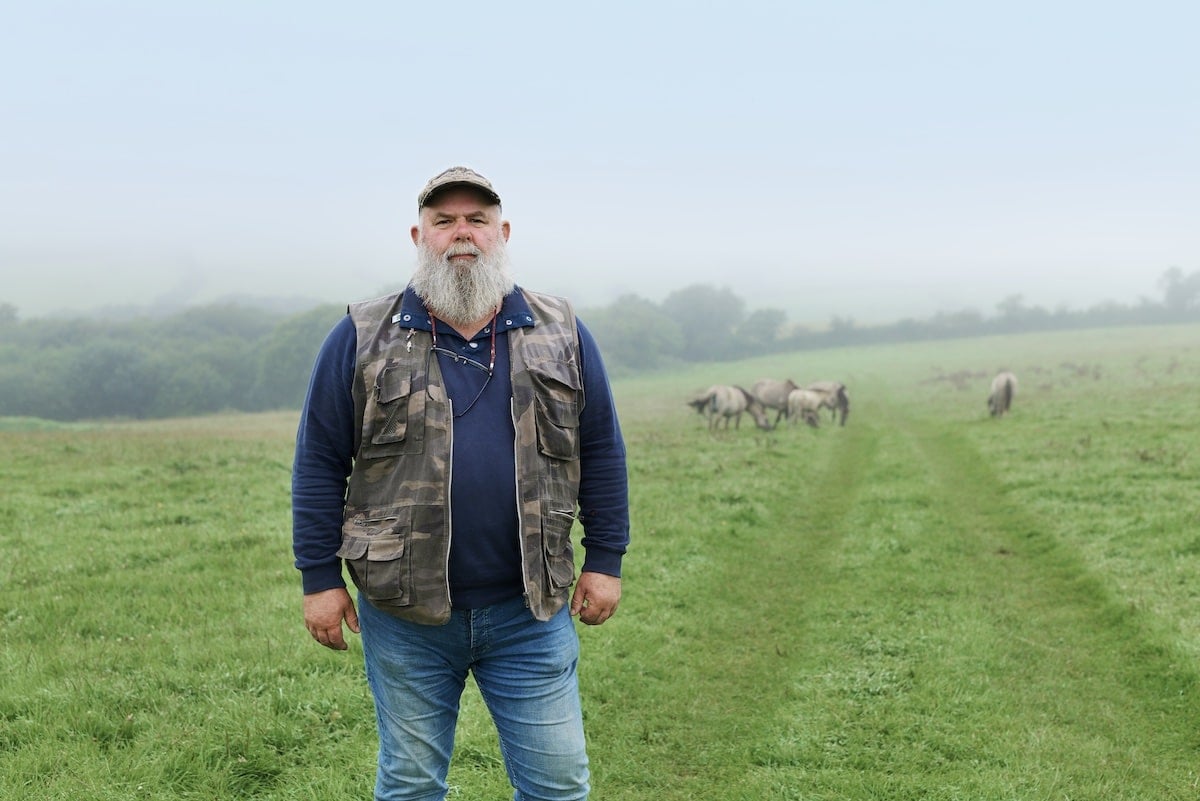Reintroducing lost species into nature-depleted Britain is ‘not a priority’, the government said last week. Enter a growing movement of guerrilla rewilders, who are secretly breeding butterflies, birds and beavers, and illegally releasing them across the country. Are they halting the tide of extinction, or doing more harm than good?
As rewilding has turned from a niche interest into a cultural phenomenon, the worsening biodiversity crisis has radicalised a growing group of ‘guerrilla rewilders’ who refuse to play by the rules, concerned by the rapid decline of nature in Britain and outraged by the government’s lack of action (last week it confirmed that bringing back lost species is “not a priority”).
Hundreds of native plants and animals have vanished over the past two centuries alone in Britain. Recent analysis by researchers found that one in six of Britain’s surviving species is now threatened with extinction. A study by the Natural History Museum put the UK in the bottom 10 per cent of the world’s countries when it comes to biodiversity intactness.
Guerrilla rewilding has not only drawn the ire of typical opponents of species releases, like farmers, but also faces strong criticism from established conservation groups and many ecologists. They warn that guerrilla rewilders like Simon risk spreading diseases and altering fragile ecosystems. They also fear that setting free controversial species, like beavers, will simply get the animals killed and further polarise the debate over nature restoration.
In England, you have to apply for a licence to release any species no longer present in the wild, from the Eurasian elk, which died out in the 13th century, to the short-haired bumblebee, declared extinct in 2000. The same goes for a number of native species that have already been reintroduced, but which the government says could cause conflict or be compromised by “poorly planned” releases, such as barn owls, wild boar, red kites and white-tailed eagles.
“I think anyone involved in these things would be much happier to do it legitimately. But it’s made almost impossible by government to do so,” says Ben Goldsmith, a financier and environmentalist who has long supported rewilders like Gow, including financially, and has wild beavers on his own land in Somerset.


